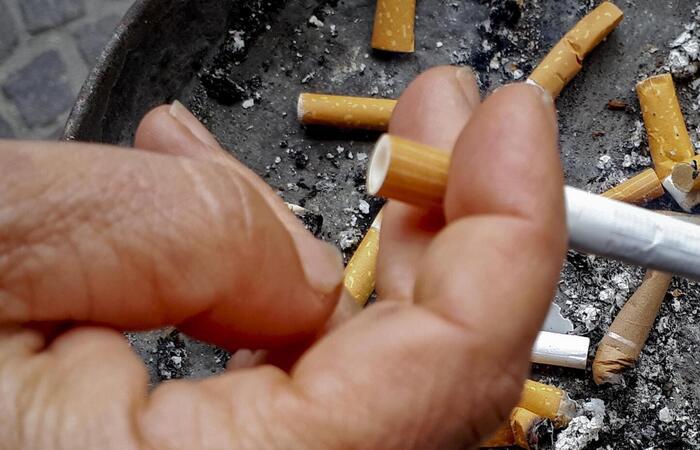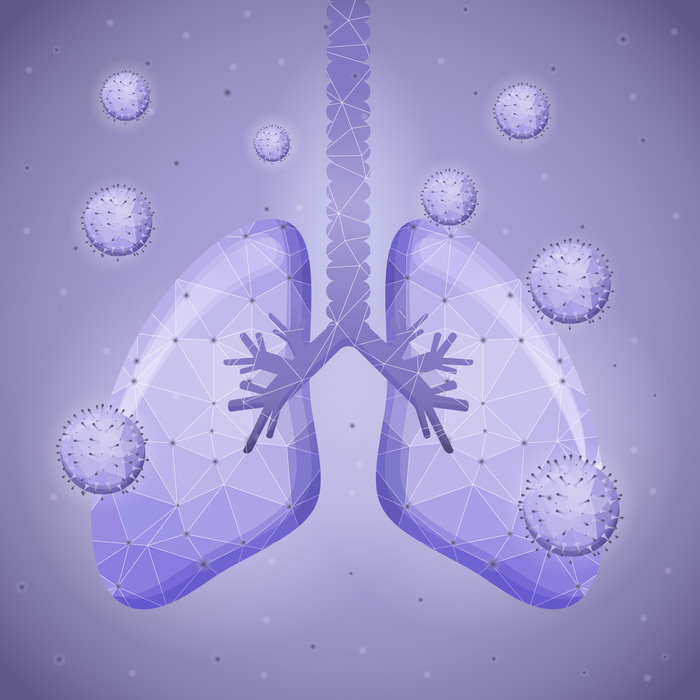Between the ages of 55 and 75, have been smoking a pack of cigarettes a day for more than 30 years or are a heavy smoker who has quit for less than 15 years.
He is the identikit of the candidate for inclusion in the RISP ministerial program (Italian Network Pulmonary Screening).
Recruitment begins these days, with the aim of involving over 7300 people (7324), periodically monitoring them with low-dose chest computed tomography for early diagnosis of lung cancer.
The initiative is presented at the XXIV AIOM National Congress (Italian Association of Medical Oncology), which opens today in Rome.
Every year, in Italy, 32,800 citizens (about 80% of cases) are diagnosed with advanced lung cancer, when the disease is not operable and the prognosis is worse.
However, clinical studies have shown that the use of low-dose spiral CT can reduce mortality from this neoplasm in heavy smokers by about 20%.
This is a pilot project, the first of its kind in Italy, launched to lay the foundations for the inclusion of lung screening within the Essential Levels of Assistance (LEA), like secondary breast cancer prevention programs, colorectal and cervical.
"There are 18 centers distributed throughout the country that fall within the RISP - explains Silvia Novello, Professor of Medical Oncology at the University of Turin -. In heavy or former smokers, the availability of periodic screening is absolutely an opportunity ,
potentially guaranteeing the early detection of the disease and therefore its timely management with greater chances of treatment and recovery.
Not only.
Within RISP, secondary prevention is combined with primary prevention and smoking cessation programs are also offered. "Lung cancer is responsible for the largest number of cancer deaths in Italy, 34,000 in 2021. About 60%, equal to 20,400 deaths, concerns heavy smokers.
"These are alarming numbers that require us to act as soon as possible against what remains the big killer - says Saverio Cinieri, President of AIOM -. Low-dose CT is a promising life-saving strategy, but to date it is not yet part of clinical practice and programs. of secondary prevention reimbursed by the National Health Service. We hope that RISP contributes to a cultural change ".
The economic impact of the disease should not be underestimated, which in Italy amounts to about 2.5 billion euros each year, considering both the direct health costs and the indirect and social costs.
Anticipating the diagnosis, thanks to screening, means increasing the number of people who can return to work, reducing, Cinieri notes, "
The candidate population for low-dose CT lung screening is estimated to be between 600,000 and 800,000 citizens.
People who have the required characteristics can participate in the RISP program through various channels: from the web (by registering on the portal www.programmarisp.it) to oncology, pneumology and cardiology involved in the recruitment phase.
With the spiral CT scan, underlines Rita Chiari, member of the AIOM National Board, "we can also photograph the global risk for other smoking-related diseases, quantifying for example the coronary damage. The number of lives saved can become really significant with the spread of screening. large-scale pulmonary ".
In 2020, about 41,000 new lung cancer diagnoses were estimated in Italy.
The 5-year survival is 16% in men and 23% in women.
At European level "similar experiences have already been started, however the uniqueness of RISP - concludes Novello - is to be achieved thanks to the allocation of ministerial funds: with the Sostegni-bis Law Decree, in fact, 2 million euros were disbursed for the two-year period 2021-2022 to support the program ".
|










/cloudfront-eu-central-1.images.arcpublishing.com/prisa/S7ERVSCT4FUVX6R7TUVBDNTH5Y.jpg)


